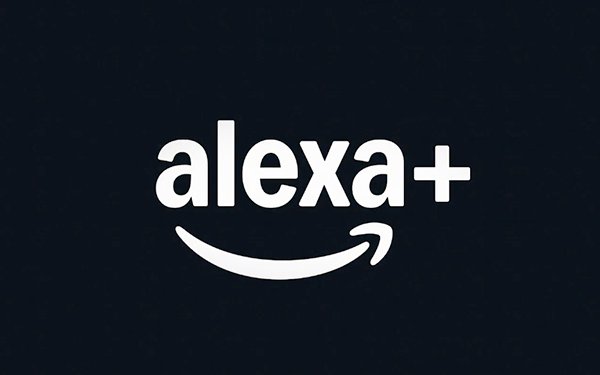
Conversational search will change Amazon Alexa+ into more of
an AI-based search engine. It will just take the ability of brands to add advertising.
Amazon CEO Andy Jassy's description of an AI-generated ad for Alexa+ in a multistep conversation could
help its users find new products or confirm decisions to purchase those originally intended to buy.
The description came after Mark Mahaney, analyst at Evercore, asked about long-term
plans for advertising on Alexa+.
"Andy, when you think about the potential that has in terms of increasing engagement, maybe tapping into some services revenue, advertising, maybe a little bit
more retail sales per household, you’re just reducing friction," Mahaney said during Amazon’s Q2 2025 earnings call. "Just talk about what from a financial perspective, how you think that
could play out?"
advertisement
advertisement
Amazon’s advertising revenue grew by 22% in the quarter, while Amazon Web Service (AWS) revenue increased by 17.5%.
Jassy called Alexa+ “much more
intelligent” and “capable” than its prior self because it can take action for the consumer. That action also will drive search and AI agentic services, but not without a cost.
Amazon’s capital expenditures in the second quarter of 2025 rose 90% to $31.4 billion compared with the same period a year ago. A large part of that increased spending is to develop
Amazon’s in-house AI chips and build out data centers to support AI models.
Turning Alexa+ into a search engine would support the idea of discovering new products across Amazon and the
companies that sell through its marketplace.
Conversational search continues to change consumer behavior, and could do the same on for Amazon Alexa+. If consumers begin using Alexa+ as another
AI-based search engine supported by advertising, the move will further deepen Amazon’s hold on discovery similar to the way ChatGPT has changed search.
Adobe Express estimates 77% of Americans use ChatGPT as a search engine, and that one in four people now go to ChatGPT first,
ahead of Google—especially about 28% of Gen Z.
Nearly one in four prefer it over Google when they’re looking for information online. Across age groups, usage of ChatGPT for search
is high. For example. 80% for Gen X, 77% for Gen Z, 75% for Millennials, and 74% for Baby Boomers. It’s not surprising younger users are leading the shift in behavior, with 28% of Gen Z
beginning their searches on ChatGPT.
Some 47% of marketers already use ChatGPT to promote their business, and 36% of people have discovered a new product or brand through
ChatGPT.
Exploring the trend, Adobe surveyed 1,000 people in the U.S., including 800 consumers and 200 marketers and small business owners who use ChatGPT. The results offer new
insight into how AI is changing digital visibility and what your brand can do to stay ahead.